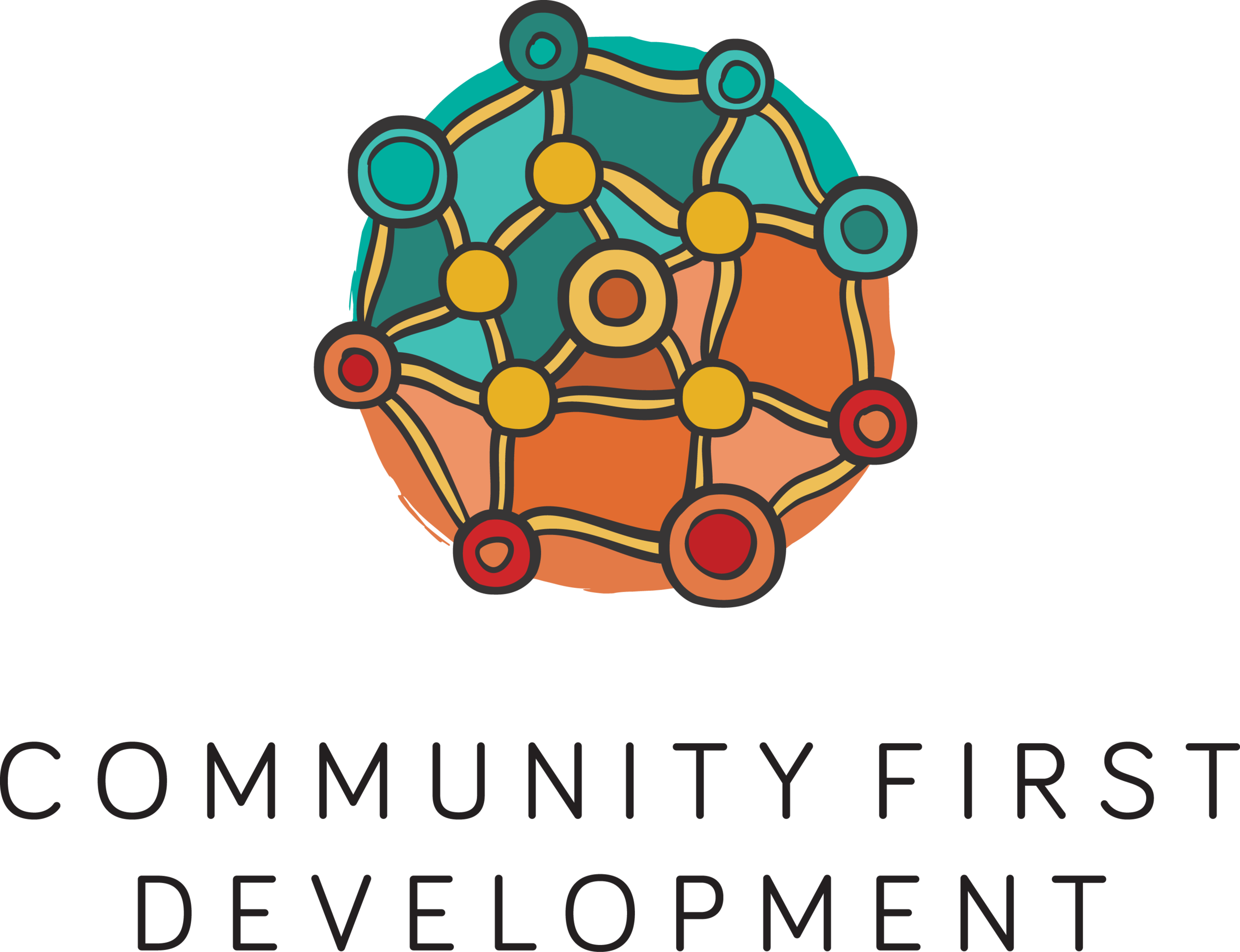Monitoring, evaluation and learning review
At Community First Development, we are committed to ongoing learning, continuous improvement and understanding our impact. In 2013, we embarked on an ambitious four-year Monitoring, Evaluation and Learning (ME&L) Review. This included engagement of a participatory monitoring specialist, the creation of monitoring resources, an independent impact assessment by KPMG and creation of a new Monitoring and Evaluation (M&E) approach for the organisation.
This approach included creation of a participatory Monitoring and Evaluation framework and our unique impact measurement database that was designed and built in-house. The framework allows us to monitor progress towards a community’s long-term “dream” outcome and shorter-term project outcomes. All data is captured in the database that caters for participatory monitoring and evaluation in Aboriginal and Torres Strait Islander settings and has extensive reporting features, including the ability to produce aggregate impact reports of our work nationally.
An independent assessment of Community First Development’s ME&L Review was undertaken in late 2017. The assessor found that Community First Development exceeded many of the requirements of good Evaluation Capacity Building for a social sector organisation:
[Community First Development] has put in place the systems and processes that enable access to monitoring, evaluation and learning (ME&L) information and the organisation is now able to present the findings in combination with existing evidence to demonstrate the value of a community development approach. [Community First Development] now has the systems to form partnerships with other organisations in collaborative projects and, with the community at the centre of control, jointly monitor and communicate the indicators for success.
The assessor provided a report with recommendations to Community First Development, and we jointly published a journal article in the Evaluation Journal of Australasia in 2018 about the findings.


